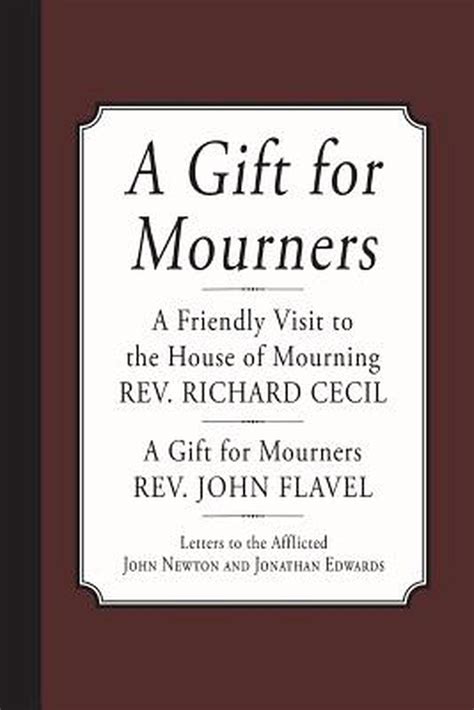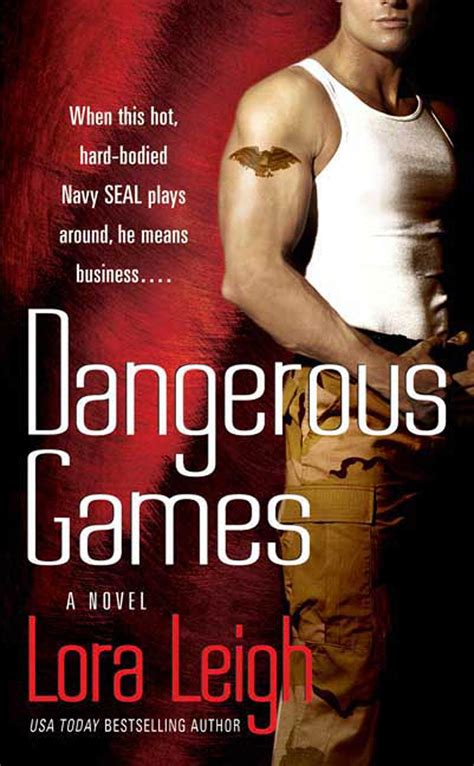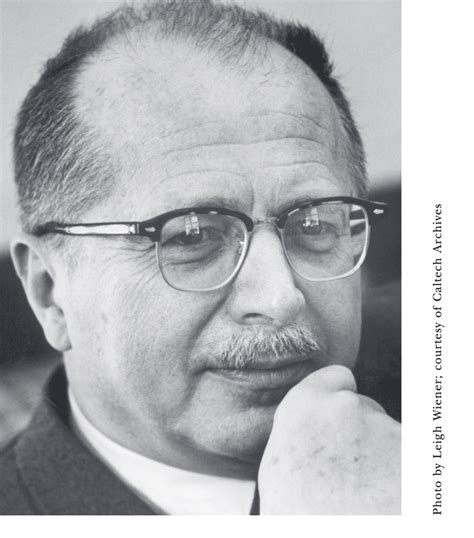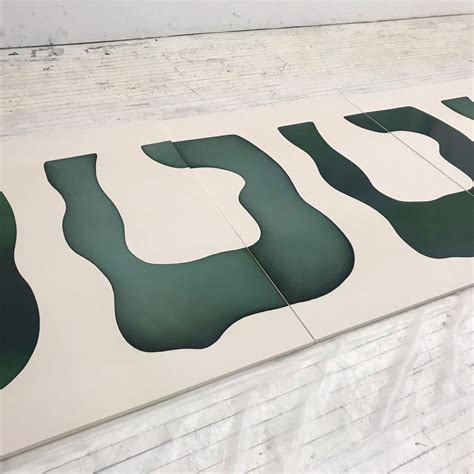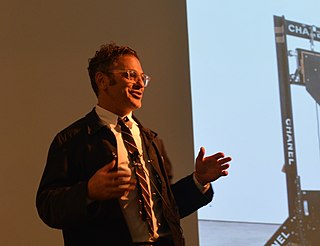A Quote by Charles Caleb Colton
It is not until we have passed through the furnace that we are made to know how much dross there is in our composition.
Related Quotes
I didn’t know how much I could love until you were gone. Until your laughter no longer filled my home, your wicked high jinks no longer made me crazy. Until I stood in that damned club and knew, without you by side, my life was as empty as my bed was without you in it. I didn’t know what love was, until I saw my refusal to admit it drown all the sweet innocence in your eyes. I love you.
In a certain sense I made a living for five or six years out of that one star [? Sagittarii] and it is still a fascinating, not understood, star. It's the first star in which you could clearly demonstrate an enormous difference in chemical composition from the sun. It had almost no hydrogen. It was made largely of helium, and had much too much nitrogen and neon. It's still a mystery in many ways ... But it was the first star ever analysed that had a different composition, and I started that area of spectroscopy in the late thirties.
On one level, I'm interested in how the space dictates the effect visually - how the composition of a given work changes depending on the nature of each wall. But I'm also trying to emphasize less tangible elements: the amount of time it takes to walk the gallery's perimeter; how one's physical distance affects his or her sense of the overall composition; how the size of the space creates a sense of visual rhythm. It's really a matter of seeing how much structure is necessary to impose for those things to become apparent.
Reachable, near and not lost, there remained in the midst of the losses this one thing: language. It, the language, remained, not lost, yes, in spite of everything. But it had to pass through its own answerlessness, pass through frightful muting, pass through the thousand darknesses of deathbringing speech. It passed through and gave back no words for that which happened; yet it passed through this happening. Passed through and could come to light again, “enriched” by all this.
I want labor to be the point, because everything in our lives is miraculously made with no idea of how it's done. As an active and critical consumer, and as someone who has attempted to make the flawless and failed, I wanted a transparency of construction here. If we know how it is made and how it falls apart, we will know how to rebuild it.
But how to know the falsity of death? How can we know there is no death? Until we know that, our fear of death will not go either. Until we know the falsity of death, our lives will remain false. As long as there is fear of death, there cannot be authentic life. As long as we tremble with the fear of death, we cannot summon the capacity to live our lives. One can live only when the shadow of death has disappeared forever. How can a frightened and trembling mind live? And when death seems to be approaching every second, how is it possible to live? How can we live?




